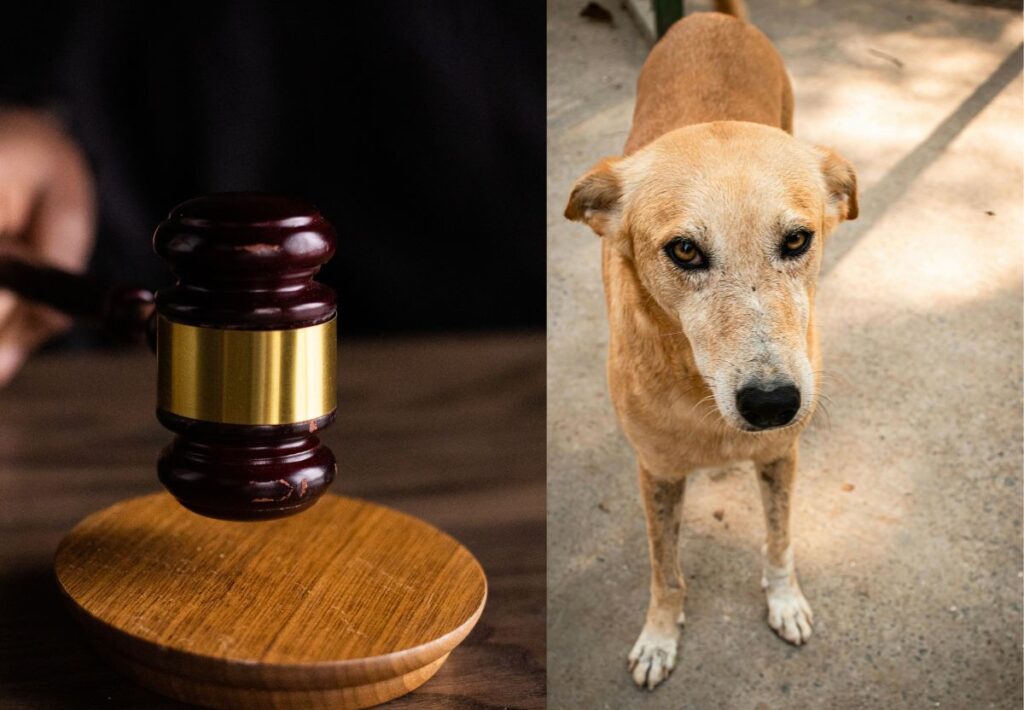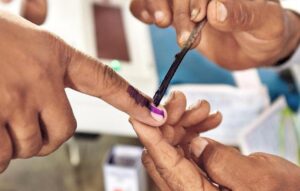Supreme Court on Stray Dogs: Feeding Ban, Sterilisation Drive, and National Policy | 10 Key Points

Supreme Court on Stray Dogs: Feeding Ban, Sterilisation Drive, and National Policy | 10 Key Points
The Supreme Court on Friday, August 22 modified its earlier August 11 order on the management of stray dogs. The bench, comprising Justice Vikram Nath, Justice Sandeep Mehta, and Justice NV Anjaria, ruled that stray dogs would be released back into the same area after sterilization and vaccination, except for those infected with rabies or showing aggressive behavior.
Here are 10 important points from today’s Supreme Court judgment:
- Modified release order: Stray dogs picked up by authorities must be sterilised, dewormed, vaccinated, and released back to the original location. Dogs infected or suspected to have rabies or those showing aggression will not be released and must be housed in separate shelters.
- Ban on public feeding: Feeding stray dogs in public places and streets is prohibited nationwide. Only designated feeding areas in municipal wards will be allowed.
- Dedicated feeding spaces: Municipal authorities must create special feeding zones in each ward. Clear signboards will inform the public that stray dogs must only be fed in these designated areas.
- Helpline for reporting violations: Municipal bodies must set up helpline numbers to report violations related to stray dog feeding and management. Appropriate action must be taken against offenders.
- No obstruction: Individuals or organisations must not obstruct officials carrying out their duties related to stray dog management. Any obstruction will be punishable under the law.
- Security deposits for petitioners: Animal lovers and NGOs petitioning the court must deposit Rs 25,000 and Rs 2 lakh, respectively, which will be used to improve infrastructure and facilities for stray dogs.
- Adoption of stray dogs: Citizens can apply to municipal bodies to adopt stray dogs, which will then be tagged and monitored. Adopted dogs must not be returned to the streets.
- Affidavits on compliance: Municipal authorities are required to file affidavits detailing compliance with ABC rules, including available resources like dog-catching personnel, cages, and shelters.
- Pan-India scope: The Supreme Court extended the case beyond Delhi NCR, including all states and UTs. Similar pending petitions in High Courts will be transferred to the Supreme Court for unified national policy formulation.
- Strict monitoring and reporting: Municipal authorities must maintain records of stray dogs captured, housed, sterilised, and released, and report progress regularly to the Court.
Petitioner Welcomes the Verdict
Supreme Court lawyer and petitioner Nanita Sharma welcomed the verdict, calling it “balanced.” She told ANI, “This is a balanced order. The court has involved all states in this case. All matters regarding dog issues pending in all courts in all states will be brought under one. They have said that regular dogs should be sterilized and aggressive dogs should be put in pounds/animal shelters. The court has ruled that MCD will establish designated feeding areas for dogs…”
The Background of the Case
A two-judge bench had earlier, on August 11, ordered the authorities in Delhi-NCR to start picking up stray dogs from localities and move them to shelters. That order led to widespread protests across the country from animal welfare groups and citizens.
The case originated on July 28 when the Supreme Court took suo motu cognisance of a media report highlighting cases of rabies, particularly among children, following stray dog bites in the national capital.












